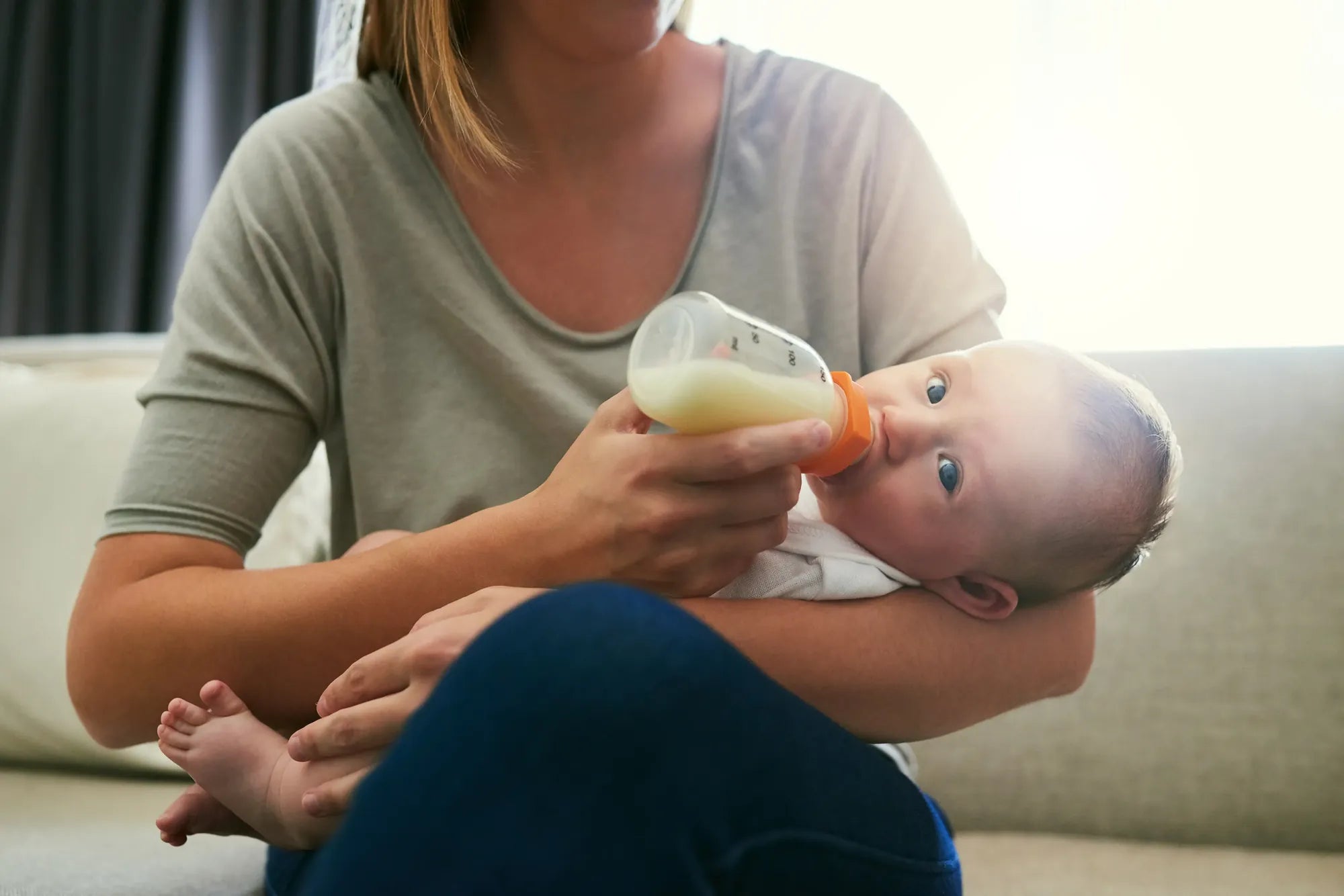Startseite
Pregnancy, Breastfeeding, and Pumping: The Ultimate Guide for Moms
Does Alcohol Leave Breast Milk Without Pumping? What You Need to Know

Does Alcohol Leave Breast Milk Without Pumping? What You Need to Know
For breastfeeding mothers, the question of whether alcohol leaves breast milk without pumping is a common concern. Balancing the desire to enjoy a drink with the responsibility of ensuring your baby’s safety can be challenging. Understanding how alcohol interacts with breast milk is essential for making informed decisions.
How Alcohol Enters Breast Milk
When a breastfeeding mother consumes alcohol, it enters her bloodstream and is transferred into her breast milk. The concentration of alcohol in breast milk is similar to the concentration in the blood. This means that if a mother’s blood alcohol level is high, her breast milk will also contain a higher concentration of alcohol.
How Long Does Alcohol Stay in Breast Milk?
The duration alcohol remains in breast milk depends on several factors, including the mother’s weight, the amount of alcohol consumed, and how quickly her body metabolizes it. On average, it takes about 2 to 3 hours for the body to process one standard drink. However, this timeframe can vary significantly from person to person.
Does Alcohol Naturally Leave Breast Milk Without Pumping?
Yes, alcohol does naturally leave breast milk without the need for pumping. As the mother’s body metabolizes the alcohol, its concentration in the breast milk decreases over time. Pumping and discarding breast milk, often referred to as 'pumping and dumping,' does not speed up this process. The only way to reduce alcohol levels in breast milk is to wait for the body to metabolize it.
Effects of Alcohol on Breastfeeding Infants
Exposure to alcohol through breast milk can affect an infant’s sleep patterns, motor development, and overall health. Even small amounts of alcohol can disrupt a baby’s feeding routine and lead to irritability or drowsiness. For this reason, it’s crucial for breastfeeding mothers to be mindful of their alcohol consumption.
Safe Alcohol Consumption While Breastfeeding
If a mother chooses to drink alcohol, there are steps she can take to minimize its impact on her baby. Timing is key—consuming alcohol immediately after breastfeeding allows more time for the body to metabolize it before the next feeding. Additionally, limiting the amount of alcohol consumed and opting for lower-alcohol beverages can help reduce risks.
Myths About Alcohol and Breast Milk
There are several misconceptions about alcohol and breastfeeding. One common myth is that pumping and dumping removes alcohol from breast milk. As mentioned earlier, this is not true. Another myth is that certain foods or drinks can speed up alcohol metabolism. While staying hydrated and eating a balanced diet can support overall health, they do not accelerate the breakdown of alcohol in the body.
Practical Tips for Breastfeeding Mothers
For mothers who want to enjoy an occasional drink, planning ahead is essential. Using expressed breast milk stored in advance can ensure the baby has a safe feeding option while the mother waits for alcohol to leave her system. Monitoring alcohol intake and being aware of its effects on both the mother and baby can help maintain a healthy breastfeeding relationship.
Understanding how alcohol interacts with breast milk empowers breastfeeding mothers to make informed choices. By following safe practices and debunking common myths, mothers can enjoy a balanced lifestyle while prioritizing their baby’s well-being. Whether you’re considering a glass of wine or a celebratory toast, knowing the facts ensures you can make the best decision for you and your little one.
Teilen


